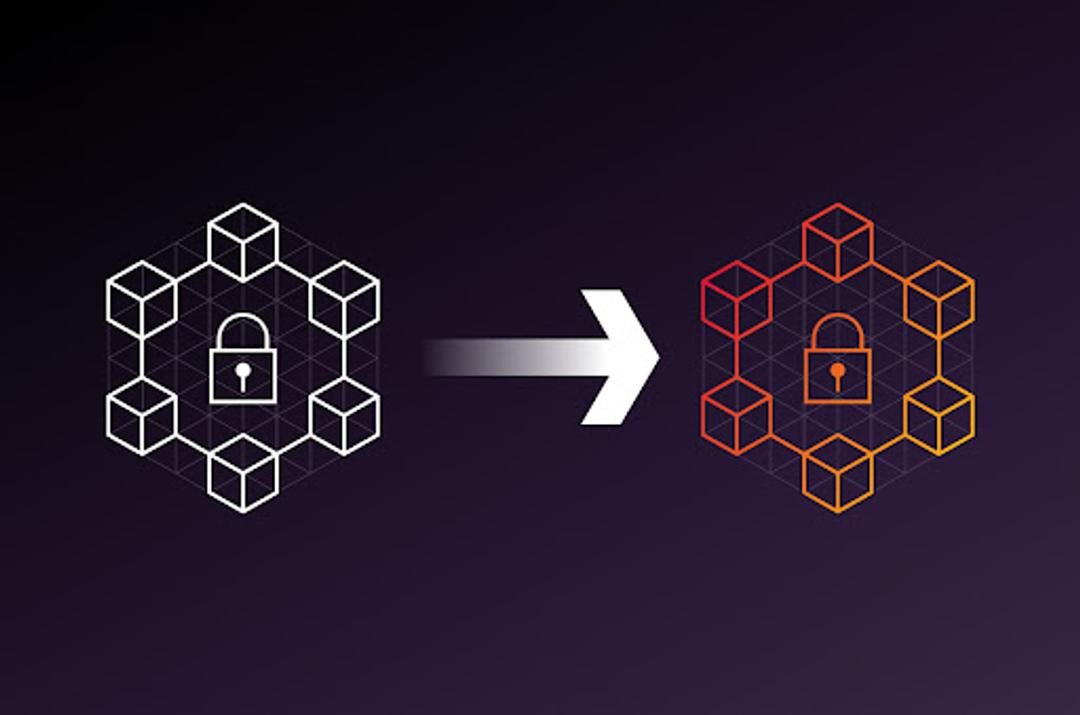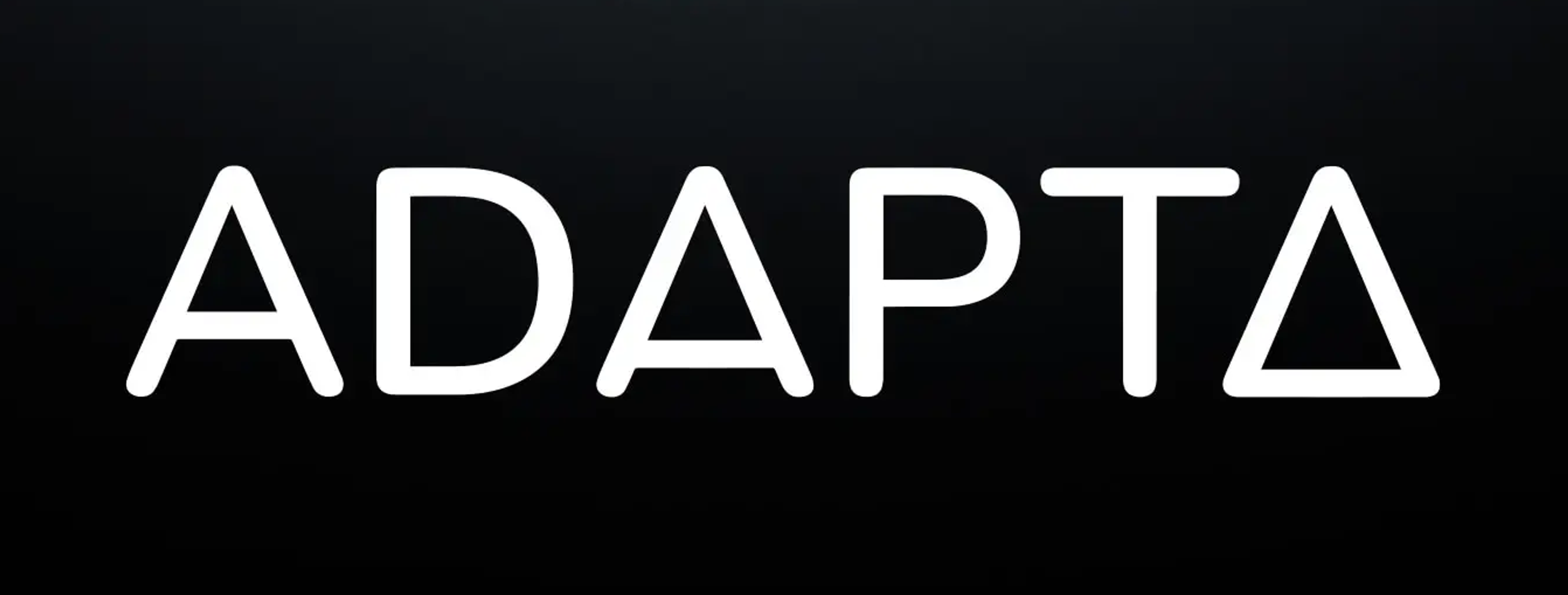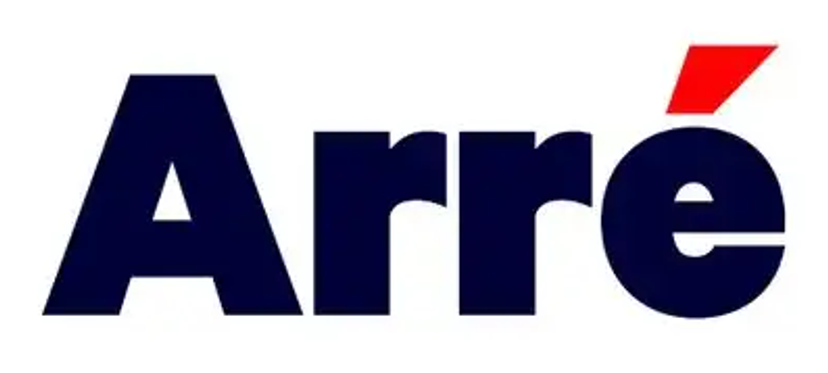MegaZebra Migrates Critical Game Infrastructure with Zero Downtime
Mobile and social games depend on being available to players around the clock, every day. The infrastructure behind these games has to be resilient, scalable, and cost-effective. MegaZebra is the team behind one of the world’s largest social games, Mahjong Trails, with more than 100 million players and over 10 billion games played since it first launched in 2010. But after years of continued growth and building a happy and loyal player base, it was time to update the company’s infrastructure. This would be a momentous project for the company: how could MegaZebra best manage the move to a new platform, keep their services running, and all their players happy? The answer was DataStax Astra DB, a serverless database as a service (DBaaS) platform on AWS built on Apache Cassandra®.

Products & Services
DataStax Astra DBIndustry
Media & Entertainment/Gaming
Location
Munich, Germany
- Planned and executed live migration to Astra DB on AWS in two months for gigabytes of player data
- Carried out the successful implementation with no downtime
- Increased developer time devoted to building new game functionality rather than infrastructure maintenance
MegaZebra is one of Europe's first - and most successful - social and mobile gaming companies. Following the launch of Mahjong Trails on Facebook Gaming, the company has expanded its portfolio of games supported to iOS and Android devices. With more than 10 billion games served, MegaZebra’s fan base is passionate about its games. MegaZebra has served more than 100 million players across its platforms since originally launching its first game in 2010. MegaZebra’s core systems were built on a combination of AWS for cloud infrastructure and Apache Cassandra® for its data.
“We were an early believer in the cloud, so we got started with AWS early. At the same time, we also picked Apache Cassandra as our database of choice, as it promised availability and scalability. We were able to grow rapidly based on this combination,” explains Henning Kosmack, CEO at MegaZebra.
While the company was able to expand its player base and support new launches, over time the team found that they had to spend more time on managing and supporting their infrastructure. Eventually, the team faced a stark choice - keep committing more and more resources to manage that older infrastructure and code, or migrate to new services that were better designed to meet today’s customer needs.
“When we tried to find examples of other studios and games companies that have faced the same kind of challenge as we had around such a serious migration exercise, we found it difficult to find those best practices. There was a lot of information around preparing new game infrastructure or executing the perfect launch, but there was very little on what to do when your game has been successful for as long as we have been,” Kosmack says. “We knew that we would need some help alongside our existing team skills.”
Kosmack and his team decided that they wanted to update their approach to Cassandra. While the database was still the right platform for the firm’s gaming operations, the team looked for a managed service offering instead. “It’s true that Apache Cassandra requires specific skills and knowledge to manage well, but it’s also the only platform that can operate at the scale that we run at. Moving to a managed service meant we could reduce how much time we spent on these issues internally and not have to worry about any updates. To get this right, and make sure none of our customers would be affected, we knew we needed the right partner,” Kosmack says.
“When we first started in the cloud, we had to build a lot of our infrastructure management approach for ourselves, like load balancing. We needed those tools to scale, but each one was an overhead for our team that we had to manage and keep up to date. There are more tools available today that can take over those services, so we can concentrate on getting more games out to our players,” Kosmack adds.
The Solution
Kosmack and his team evaluated their options around migration in December 2021, and decided to work with DataStax. MegaZebra would use the company’s Astra DB database-as-a-service platform on AWS to replace its existing Cassandra clusters. This would free up internal staff time to concentrate on building games rather than managing databases and infrastructure.
To carry out the migration, Kosmack brought in an external expert team that was split in two parts. One group would keep existing services up and running, while the other group would implement the replacement infrastructure and services. These would run in lockstep, then cut over to the new platform based on Astra DB. “We went through our entire approach to decide what was working well for us and what we wanted to rebuild with new providers. The combination of AWS and DataStax was one that we knew we could rely on, so this provided the base for us to build out. We also turned our infrastructure over to run in Docker containers, so we could take advantage of this approach,” Kosmack says.
The MegaZebra team responsible for the new implementation worked with DataStax to migrate data without affecting customer experiences. In total, MegaZebra moved 1+TB of data to Astra DB using the Zero Downtime Migrator tool, which meant that MegaZebra could get everything it needed to the new service platform. “We worked really closely with the DataStax team to ensure that our new implementation would future-proof our approach and ensure our players did not see any impact from the move,” says Kosmack. “We always felt they had our backs and would go the extra mile to make sure the project was a success, which gave us internally a good feeling ahead of the cutover. We were able to implement exactly as we planned.”
The Results
Following a preparation phase in early 2022, MegaZebra executed its migration plan to Astra DB on AWS and completed the switchover in April. Alongside supporting a successful cut-over with no downtime or impact on players, the team at MegaZebra now finds it easier to manage gaming infrastructure and troubleshoot potential problems before they affect players. “With our new platform in place, we find it easier and faster to work on issues, and we have the backing of the best team available around Apache Cassandra in DataStax responsible for that core player data. While we have seen some cost improvements, it was not the main factor in our decision - with Astra DB, we now have better performance, more reliability, and faster time to delivery, which are essential in our industry. It means we can concentrate on new and interesting features for players,” Kosmack says.
Alongside successfully completing this project, Kosmack and his team are looking at how to share their expertise with others. “The gaming sector is still a fairly young industry, and we don’t yet have all the best practices in place to help companies be successful for many years. We have supported millions of players, and we have to deliver that level of experience or they will migrate away to other options. As more companies build their own games, they will find themselves in the same situation around spending more and more to keep things running on legacy deployments or moving to newer technologies. In our experience, you have to invest time to understand how to keep those games running successfully, and you have to find the right partners that can help with that process. For us, DataStax is the right partner thanks to Astra DB,” Kosmack says.
Featured Content





